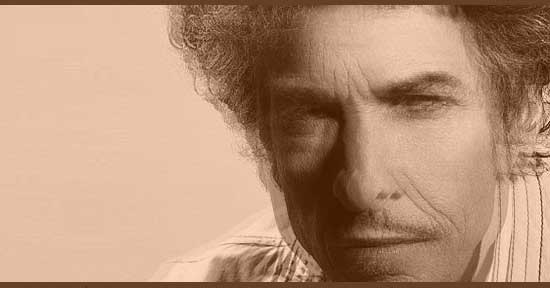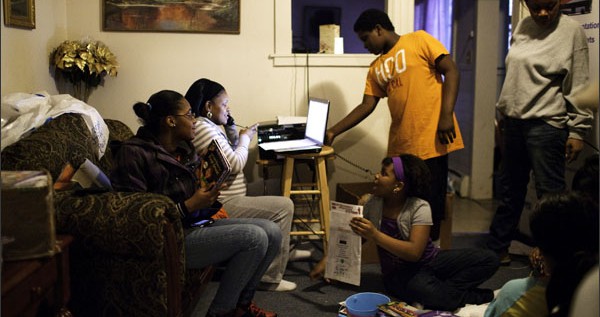Obama Science Advisers Grilled Over Hacked E-mails

WASHINGTON – House Republicans pointed to controversial e-mails leaked from climate scientists and said it was evidence of corruption. Top administration scientists looking at the same thing found no such sign, saying it doesn’t change the fact that the world is warming.
The e-mails from a British university’s climate center were obtained by computer hackers and posted online about two weeks ago. Climate change skeptics contend the messages reveal that researchers manipulated and suppressed data and stifled dissent, and conservative bloggers are dubbing it “Climategate.”
In the first Capitol Hill airing of the issue, House Republicans Wednesday read excerpts from at least eight of the e-mails, saying they showed the world needs to re-examine experts’ claims that the science on warming is settled. One e-mail from 2003 was by John Holdren, then of Harvard University and now the president’s science adviser.
The exploding controversy led Phil Jones to step aside as head of the climate research unit at the University of East Anglia, the source of the e-mail exchanges. The university is investigating the matter. Penn State University also is looking into e-mails by its own researcher, Michael Mann. House Republicans asked for a separate hearing or investigation into the issue, but were rebuffed by Democrats.
“These e-mails show a pattern of suppression, manipulation and secrecy that was inspired by ideology, condescension and profit,” said U.S. Rep. James Sensenbrenner, R-Wis.
The science is proper and this is about a small fraction of research on the issue, said Holdren, a physicist who has studied climate change.
“The e-mails do nothing to undermine the very strong scientific consensus … that tells us the earth is warming, that warming is largely a result of human activity,” said another government scientist Jane Lubchenco. A marine biologist and climate researcher, she heads the National Oceanic and Atmospheric Administration.
The e-mails don’t negate or even deal with data from both NOAA and NASA, which keep independent climate records and show dramatic warming, Lubchenco told members of the House global warming committee.
The hearing was supposed to focus on the latest in global warming scientific findings. Lubchenco even attempted a high school chemistry lesson with two quick experiments at the witness table. Donning one rubber glove, she demonstrated how adding carbon dioxide to water made it more acidic and said that is what’s now happening in the world’s oceans. Then she put chalk in acidic water compounds and showed it dissolving a bit, to demonstrate what will happen eventually to vital sea life.
But her bubble-inducing experiments were ignored in favor of the more explosive e-mails.
Among the messages that Sensenbrenner read was one from Jones, the East Anglia scientist, in which he wrote about a “trick of adding in the real temps” in an exchange about long-term climate trends. Holdren responded that the word “trick” did not mean manipulation of data, but about a “clever way” to tackle a problem. Another Jones’ e-mail read, “I would like to see the climate change happen so the science could be proved right.”
Defending the scientists, Rep. Jay Inslee, D-Wash., said somehow the e-mails aren’t stopping the Arctic from warming, the oceans from getting more acidic, and glaciers from melting. He sarcastically asked Holdren and Lubchenco if they were part of a global conspiracy that even included fictional movie villain organizations. Holdren, played along, saying he was not.
After complaining of “scientific fascism” and “scientific McCarthyism,” Sensenbrenner chastised Holdren for his 2003 e-mail, when he was at Harvard, that dealt with skeptics by “calling them names.”
What the e-mail, not read by Sensenbrenner, showed was that Holdren used ironic quotes around the word “Harvard” in describing two of his colleagues who are global warming skeptics. Holdren also had forwarded to other scientists an article he described as “for your entertainment” in which he was quoted as saying the two skeptics were “wrong.” Holdren defended his e-mail.
Sensenbrenner attacked the work of Penn State’s Mann, who is frequently brought up in the communications. Mann is the author of what is called the “hockey stick” theory, first described in the late 1990s. It suggested that the past 50 years had been the hottest in several centuries, if not 1,000 years, and that man-made global warming was to blame. That research was so controversial that the National Academy of Sciences studied the work in depth; it was used in former Vice President Al Gore’s documentary on global warming.
Sensenbrenner said the 2006 National Academy study showed Mann’s hockey stick was incorrect and that Mann’s theory was discredited. But Holdren said the NAS study had quibbles with Mann’s methods but agreed with his results.
The chairman of the Academy of Science panel, Texas A&M University atmospheric scientist Gerald North, confirmed in an interview Wednesday that Holdren was right, not Sensenbrenner.
“The conclusions that we came to were essentially the same as the hockey stick” theory that Mann proposed, North told The Associated Press. North said even if Jones, Mann and others had done no research at all, the world would still be warming and scientists would still be able to show it.





